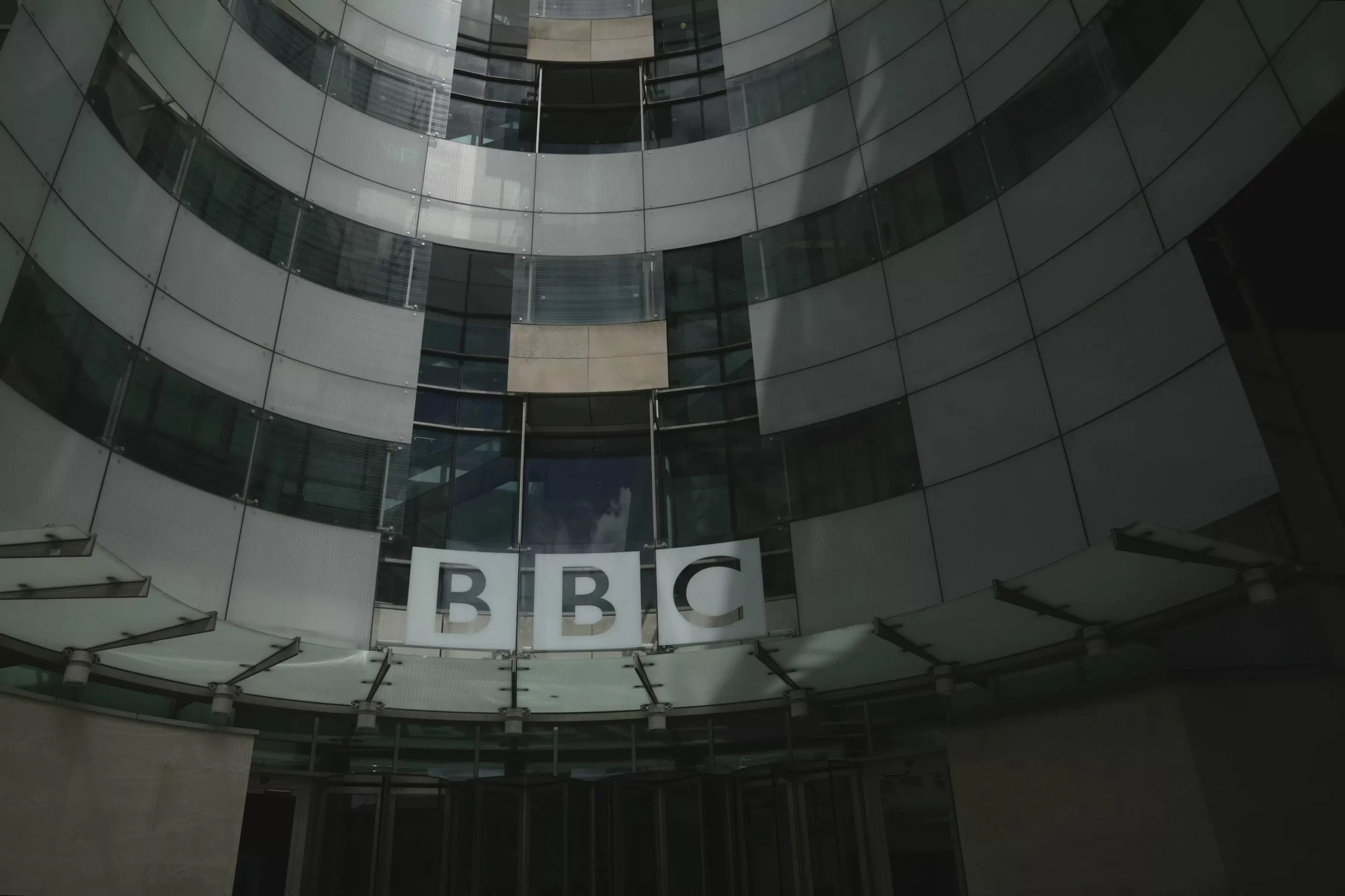Over 100 BBC employees have signed an open letter to Director-General Tim Davie, accusing the broadcaster of acting as a “mouthpiece” for the Israeli government in its coverage of the recent conflict in the Middle East. The letter, which was published on social media, has sparked a heated debate about the role of the media in reporting on sensitive and complex political issues.
The employees, including journalists, producers, and other staff members, expressed their concerns about the BBC’s coverage of the ongoing conflict between Israel and Palestine. They claimed that the BBC’s reporting has been biased and one-sided, favoring the Israeli narrative and failing to provide a balanced view of the situation.
In the letter, the employees stated that the BBC’s coverage of the conflict has been “incomplete” and “misleading,” with a clear bias towards the Israeli government. They also accused the broadcaster of ignoring the suffering of the Palestinian people and failing to hold the Israeli government accountable for its actions.
The letter has gained widespread attention and support, with many people, including prominent journalists and media personalities, expressing their solidarity with the BBC employees. It has also sparked a much-needed conversation about the responsibility of the media in reporting on sensitive political issues.
The conflict between Israel and Palestine is a complex and deeply emotional issue, and it is the responsibility of the media to provide an accurate and balanced representation of both sides. However, it seems that the BBC has failed to live up to this responsibility, as pointed out by its own employees.
The BBC has always prided itself on its impartiality and unbiased reporting, but this recent controversy has raised questions about its credibility. As a public broadcaster, the BBC has a duty to provide fair and accurate information to its audience, without being influenced by any political agenda.
The employees’ letter also highlighted the need for diversity and representation within the BBC. They pointed out that the lack of diversity in the newsroom has contributed to the biased reporting on the conflict. It is essential for media organizations to have a diverse range of voices and perspectives, especially when reporting on sensitive political issues.
In response to the letter, the BBC has defended its coverage, stating that it has provided a comprehensive and impartial view of the conflict. However, the fact that over 100 employees have come forward to express their concerns cannot be ignored. It is a wake-up call for the BBC to re-evaluate its reporting methods and ensure that it upholds its values of impartiality and accuracy.
The role of the media in shaping public opinion is crucial, especially in times of conflict. It is the responsibility of the media to provide a platform for all voices to be heard and to present a fair and balanced view of the situation. The BBC, being a renowned and respected broadcaster, has a significant role to play in this regard.
The open letter from the BBC employees serves as a reminder that the media must remain independent and unbiased, especially when reporting on sensitive political issues. It is essential for the BBC to take this criticism seriously and make necessary changes to regain the trust of its employees and the public.
In conclusion, the recent controversy surrounding the BBC’s coverage of the conflict in the Middle East has sparked an important conversation about the role of the media in reporting on sensitive political issues. The open letter from the BBC employees has highlighted the need for diversity, representation, and impartiality in the newsroom. It is now up to the BBC to address these concerns and ensure that it upholds its values of fairness and accuracy in its reporting.





![Complete BritRail Pass Guide [Types, How to Use It, Pros + Cons]](https://inside-news.uk/wp-content/uploads/2025/06/00221EB4-BCA2-4DBB-6CD4-83DBC37D71FA-120x86.webp)












